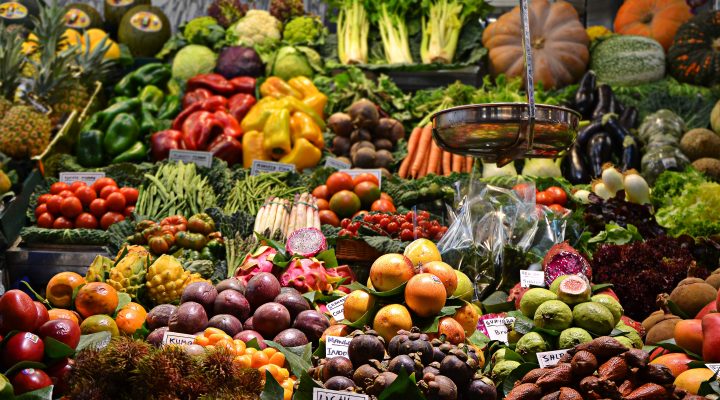Climate change is a growing global issue, but scientists have come up with a solution everyone can do – adopting a more plant-based diet.
You might have rolled your eyes when your friend announced to go five days a week without eating meat, becoming a ‘flexitarian’ as part of an attempt at a new year’s resolution. But they might actually be on to something, as scientists now believe that eating less meat is essential to tackling climate change.
According to an article published in Nature, choosing a plant based diet (veganism) is fundamental if we want to manage pollution levels and water shortages.
The term ‘flexitarian’ depicts a diet or an individual who eats mostly plant-based/ vegetarian foods, but occasionally consumes meat.
But, how does eating less meat help the planet? According to WWF, cows and other livestock animals have a huge water footprint, using 15,415 litres of water to produce just one kilogram of beef (mainly due to the crops the cows eat).
This is combined with the impacts of deforestation, which often takes place when creating space for animals to roam. Livestock farming is a massive contributor to climate change, as cows are accountable for a fifth of greenhouse gases. They produce methane, a greenhouse gas which effects global warming 25% more in comparison to carbon dioxide.
So if you are concerned about climate change, try avoiding that steak and start eating more meals based on nuts, lentils and broccoli.

